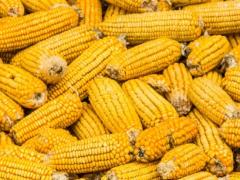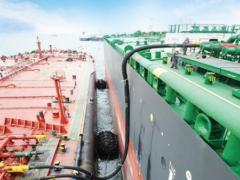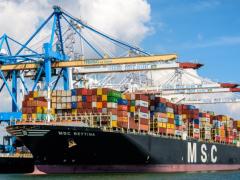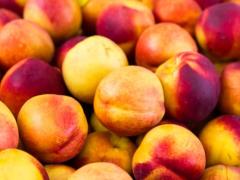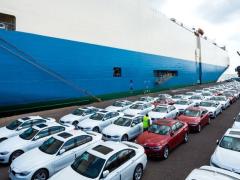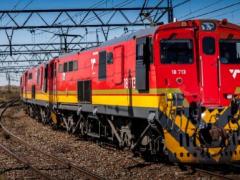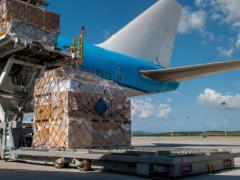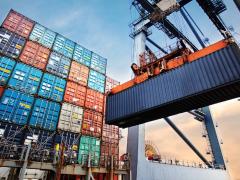Industry has seen many big changes over the years. It all began with the First Industrial Revolution, which brought machines into the picture. Then came the second and third revolutions, which brought mass production and automation, respectively. The digital revolution, however, is ushering in unprecedented change. Ridwaan Mohammed, general manager at Advanced Customs Solutions (ACS), talks to Freight News features editor Liesl Venter about Industry 4.0 and what this means for the way we handle freight and customs.What is the understanding around Industry 4.0? Industry 4.0, often referred to as the fourth industrial revolution, represents the fusion of digital technologies with physical systems and processes. It leverages advancements in artificial intelligence (AI), the Internet of Things (IoT), big data analytics, cloud computing, and more to create intelligent, interconnected systems. These systems can communicate, analyse data, make decisions, and adapt to changing conditions in real time. Industry 4.0 aims to boost efficiency, productivity, and innovation across various industries.What does Industry 4.0 mean for the freight and customs industry in general? Our sector, responsible for the movement of goods around the country and across borders, has traditionally been complex and laden with paperwork. Industry 4.0 offers several key purposes in revolutionising it completely. I will share four specific areas with you.Enhanced Visibility and Transparency: Real-time data sharing through IoT devices, sensors, and blockchain technology allows for unparalleled visibility into the supply chain. Our system, for example, encompasses sophisticated tracking and monitoring capabilities that ensure stakeholders have up-to-the-minute information on the location and status of goods, ensuring transparency and reducing the risk of fraud. Customs Automation: We are currently in the process of researching and developing AI-driven customs clearance processes. The overarching aim is to enhance efficiency without displacing the role of customs entry clerks. These AI-driven processes are being designed to analyse customs data swiftly and accurately, streamlining customs procedures, minimising the potential for errors or delays, and facilitating the smoother f low of goods across borders.C ost Reduction: Automation and digitisation of processes can significantly reduce operational costs, from paperwork and manual labour to fuel and energy consumption. These systems streamline operations and minimise manual data entry, thus contributing to cost savings. Customer Experience: With real-time tracking and data-driven insights, customers can have more control and transparency over their shipments, leading to improved customer satisfaction.Are there any particular challenges? There are definitely challenges to take into consideration. These include concerns about data security, the cost of implementing new technologies, workforce training, and the need for standardised communication protocols among different systems. Additionally, regulatory frameworks may need to evolve to accommodate these technological advancements and ensure their responsible use.What is your outlook for the future? Industry 4.0 is undoubtedly set to revolutionise the freight and customs industry, ushering in unprecedented levels of efficiency, transparency, and innovation. Through the adoption of technologies such as IoT, AI, and blockchain, this sector can streamline its operations, cut costs, and elevate the overall customer experience. However, to fully reap these rewards, stakeholders must navigate certain challenges, including the need to adapt their workforces. As the world progresses toward a more connected and digital future, embracing Industry 4.0 and the emerging innovative tools isn't merely a choice, it's an essential step for the freight and customs industry to thrive in the modern era.
Creating intelligent, interconnected systems
Comments | 0


